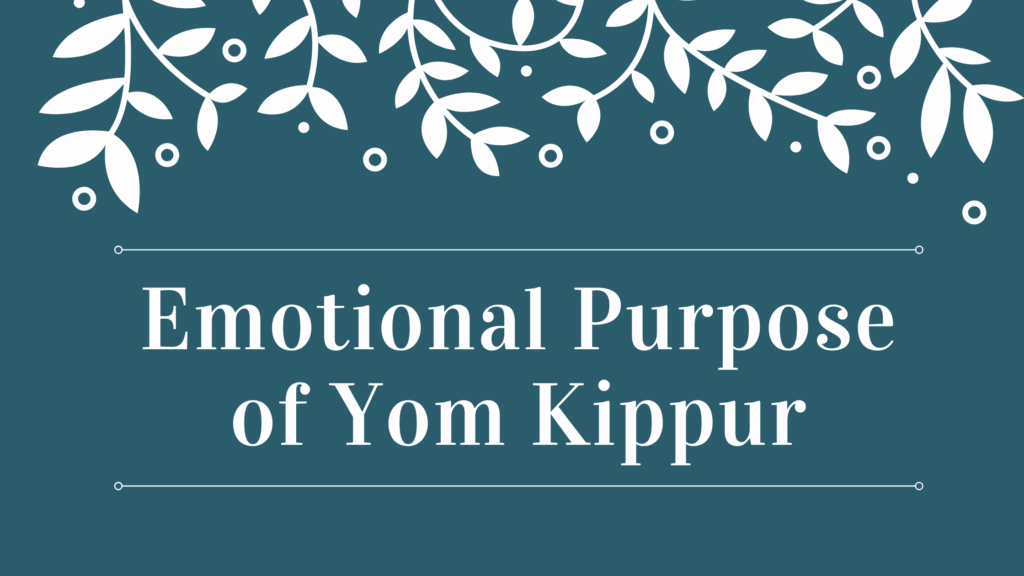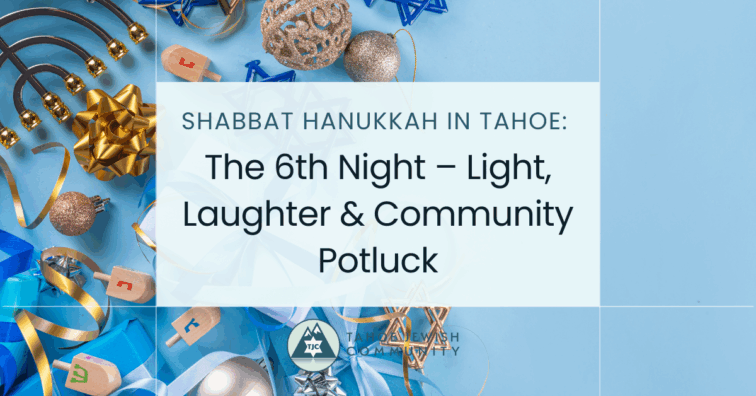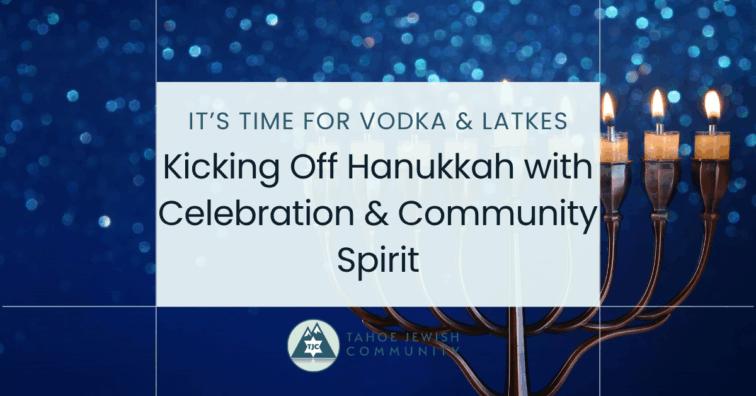Each fall, Jews around the world gather for one of the most intense, solemn, and strangely beautiful days of the year: Yom Kippur, the Day of Atonement.
It’s 25 hours of fasting, confessing, reflecting, and—let’s be honest—watching the clock. But underneath the white robes, the hunger headaches, and the marathon services is something remarkably profound:
Yom Kippur is a spiritual innovation with psychological brilliance.
This annual ritual isn’t just good for your soul—it’s deeply good for you. All of you. Let’s explore why.
1. Yom Kippur Is a Holy Deadline—and That’s a Good Thing
Let’s face it: most of us aren’t great at ongoing reflection. We mean to work on ourselves—right after this meeting, this family crisis, this major project. But it gets pushed back. There isn’t time to meditate daily or do that Welch Values Inventory we’ve been meaning to do. That’s why deadlines matter. They give us urgency and focus.
Yom Kippur is the sacred version of a year-end review, except instead of spreadsheets, you’ve got a soul to audit.
In psychological terms, this taps into what researchers call the “fresh start effect”—we’re more likely to make meaningful changes at symbolic new beginnings, like New Year’s Day, birthdays, or… Yom Kippur1. These temporal landmarks help us feel like we can close one chapter and begin again.
“For on this day God shall provide atonement for you to cleanse you; from all your sins before Adonai you shall be cleansed.” — Leviticus 16:302
Yom Kippur gives us this deadline. It’s an assigned point in the sands of time which calls us to build up the courage to truly face ourselves and assess – not just all of the good we’ve done but all of the mistakes we have made. It’s a deadline that forces us into a place of necessary, yearly evaluation.
It’s not just spiritual. It’s also strategic.
2. Confession Actually Rewires the Brain
If you’ve ever read through the Vidui (the confessional prayer), you might notice it feels like the world’s most intense alphabetical guilt trip: Ashamnu, Bagadnu, Dibarnu dofi…
But something amazing happens when we speak our wrongdoings aloud—especially in community. Studies show that naming emotions and behaviors actually calms our brains. This process, called affect labeling, reduces activity in the amygdala (our fear center), making us feel safer and more emotionally regulated3.
So yes, it’s awkward to say “I’ve acted with arrogance” in front of a room full of people. But according to neuroscience, it’s also therapeutic.
3. Ritual Reflection Boosts Mental Health
We don’t just confess on Yom Kippur—we structure the reflection. The prayers, the order, even the standing and sitting are intentional.
Psychologist James Pennebaker found that structured emotional reflection—like expressive writing—can lower stress, boost immune function, and improve overall wellbeing4. And what is Vidui, if not structured emotional reflection with liturgical choreography?
Judaism was doing therapeutic processing thousands of years before therapy was cool.
4. Forgiveness Isn’t Just Divine—It’s Deeply Human
Yom Kippur is often framed as the day we seek God’s forgiveness. But just as central to the work of Yom Kippur is the forgiveness we extend to each other—and to ourselves.
Self-forgiveness, in particular, is one of the hardest and most transformative psychological acts. Research shows that people who can forgive themselves have lower depression and anxiety, and better relationships5.
Jewish law recognizes this, too. Maimonides wrote that true repentance means facing the same situation again and choosing differently—not because you’re afraid, but because you’ve grown6. That’s behavioral change, self-compassion, and accountability, all in one ancient legal principle.
5. You’re Not Alone (Even When You’re Reflecting)
One of the most powerful parts of Yom Kippur is that we do it together. The fast, the prayers, the emotional heavy-lifting—it’s communal.
And that’s no accident. Psychologists studying ritual have found that synchronous group rituals create feelings of connection, empathy, and shared identity7.
So when you recite the confessions aloud with others, when we are sitting in contemplation or song together, it’s not just humbling—it’s healing. You’re reminded that your flaws aren’t unique, your regrets aren’t solitary, and your growth is supported.
6. Even the Fasting Serves a Purpose (Promise!)
If it is possible for you health-wise, fasting isn’t meant to make you miserable (though yes, it does that too). The idea is to detach—from food, from distractions, from daily comforts—so that we can tune into something deeper.
Modern psychology affirms that stepping away from routine can lead to breakthroughs in insight, clarity, and creativity. And fasting isn’t deprivation for its own sake—it’s a way to shift attention inward.
In other words, you’re not just hungry. You’re recalibrating.
Final Thoughts on Yom Kippur: The Day We Hit Reset
Yom Kippur is intense, yes. But it’s also beautifully designed for the human psyche. It gives us:
- A clear time to reflect.
- A structured path to accountability.
- A community of fellow travelers.
- And a once-a-year permission slip to start again.
It’s not about perfection. It’s about progress. It’s not about being flawless. It’s about being honest. So this year, don’t just fast or go through the motions. Embrace the deeper gift: a mental, emotional, and spiritual reboot—engineered by tradition and affirmed by science.






